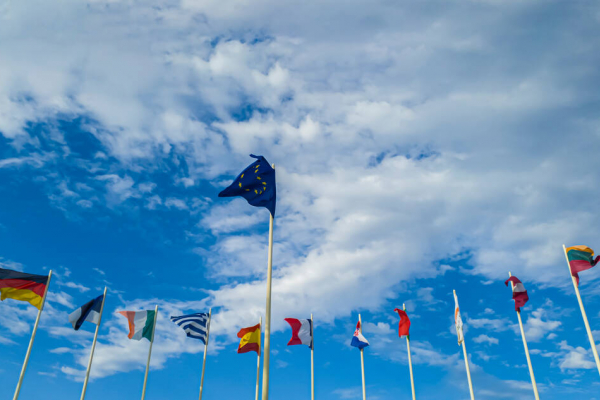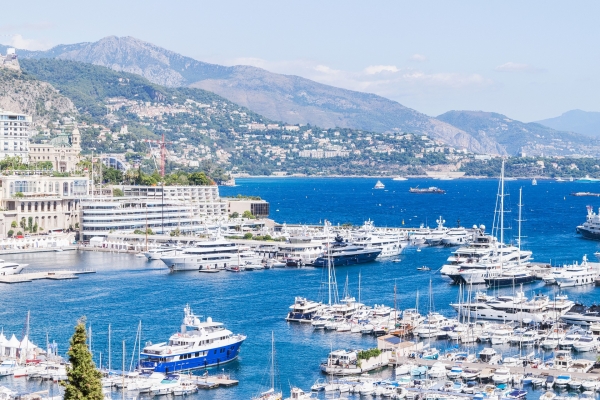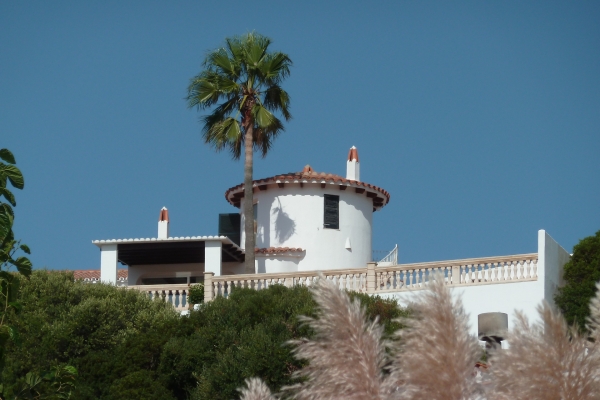Austria
GENERAL INFORMATION

Geography and climate
Austria is located in south-central Europe. The country borders the Czech Republic, Slovakia, Hungary, Slovenia, Italy, Liechtenstein, Switzerland and Germany. This location in the heart of Europe is convenient for travel and trips.
70% of Austria is a mountainous country, most of the territory is occupied by the Eastern Alps. Almost half of the territory of Austria is covered with forests. Alpine meadows and adjacent mountain lakes and glaciers form unique landscapes, almost untouched by man.
Austria has a temperate climate, turning into a continental one. The climate is cloudy and quite humid. The average annual temperature is +9.8°C. The weather in the mountains and on the plains can be very different. The temperature in summer usually reaches +22 to +25°C. Winter in Austria is mild. The temperature in the lowlands is +2°C, in the ski valleys -
-2°C. In the mountains, snow lies up to eight months of the year

Economy and infrastructure
Austria is considered one of the most developed European countries. Since 1995 it has been a member of the European Union. According to the Global Economic Competitiveness Index, Austria ranks 21st out of 141 countries.
The service sector forms the main share of the Austrian economy - 65.8%. Industry also plays an important role in the financial well-being of the country (32.3%). The key branches of Austrian industry are mechanical engineering, machine tool building, production of equipment for other industries. Agriculture in Austria is specialized in dairy farming, as well as winemaking, cereal production and pig production.
Austria is located in the center of Europe not only geographically, but also logistically. The country occupies one of the central positions as a distribution hub between West and East. Vienna Airport is considered a key link among European East-West air traffic directions. There are six airports in Austria.
The length of roads in Austria is 200 thousand kilometers, of which about 2200 kilometers are toll roads. Austrian roads are famous for their excellent quality and service for travelers.
The railway is the main mode of transport in Austria, covering the entire country. Traveling in this way is comfortable and pleasant, trains run on time.
Public transport in Austria consists mainly of buses and trams. The metro runs in Vienna and Linz.
Bicycles are also a popular mode of transport. There are separate cycle paths for cyclists, in Vienna alone there are more than 1,300 kilometers of cycle lanes and routes passing along roads with low traffic.

High quality of life
In the list of countries according to the human development index, Austria ranks 18th in the world ranking. A high standard of living has a positive effect on the life expectancy of citizens: in 2020, the life expectancy of an average citizen is 80.8 years.
In addition, happy people live in Austria. According to the International Happiness Index (Happy planet index) - as of March 2022, Austria ranks 11th in the list of the happiest countries.
Ecology
The Austrians actively care about the environment, protect nature and try to minimize the harmful impact on the planet's ecology. Waste sorting, choosing a bicycle instead of a car, using alternative energy - all this is about Austria.
Austria is one of the six greenest countries in the world, and Vienna was named the world's greenest city in 2020. 93% of Austrians are satisfied with the quality of drinking water flowing straight from the tap.
Social security
The annual income of a family in Austria after taxes averages almost 30 thousand dollars a year. No wonder Austrians can afford a twice-a-year spa vacation, a good car, and other benefits of civilization.
The developed social system of Austria protects its inhabitants in difficult situations: unemployment benefits, medical benefits, pension insurance are provided.
Higher education
Residents of Austria and the European Union have the right to receive higher education free of charge. It is also possible to receive a grant for education. If none of these situations apply to you, the good news is that education in Austria is relatively inexpensive and highly valued around the world. The cost per semester varies from 380 to 760 euros.
Upon admission, you will need a certificate of knowledge of the German language, but there are many programs in English. The following universities are considered the most prestigious:
University of Vienna, Innsbruck Leopold and Franz University, Vienna Technical University, University of Graz.
Cultural heritage
Ten cultural sites in Austria are on the UNESCO World Heritage List. Among them are the famous Schönbrunn Palace and the adjacent garden complex and the world's first mountain railway Semmering. Austria is also famous for its medieval castles, luxurious palaces, ancient churches, many cozy towns with historical centers, and, of course, the amazing nature of alpine meadows and mountains.
Vienna is not only the cultural center of Austria, but of the whole of Europe. No other city can boast such a long list of residents who have become famous in the field of music and science.
Hundreds of museums, palaces and theatres, exhibitions, concerts and many other ways to get involved in art - Vienna has absorbed all this. In Austria, everyone can easily find something interesting to spend their free time - whether it's physical activity like hiking or snowboarding, or a cultural program with visits to museums and cutting-edge exhibitions.





